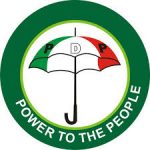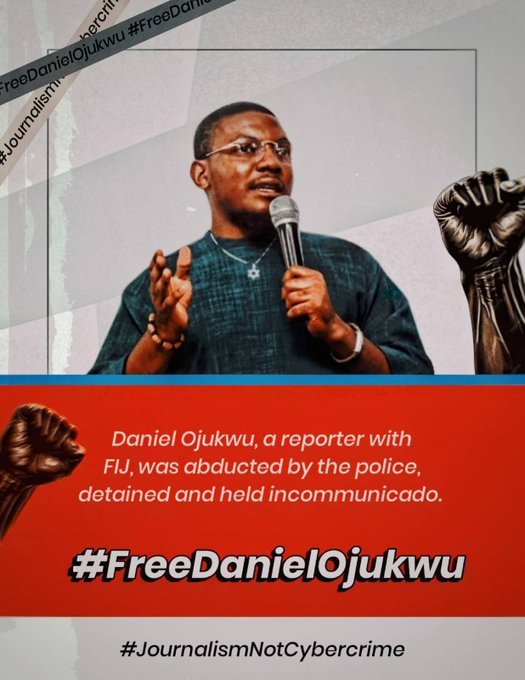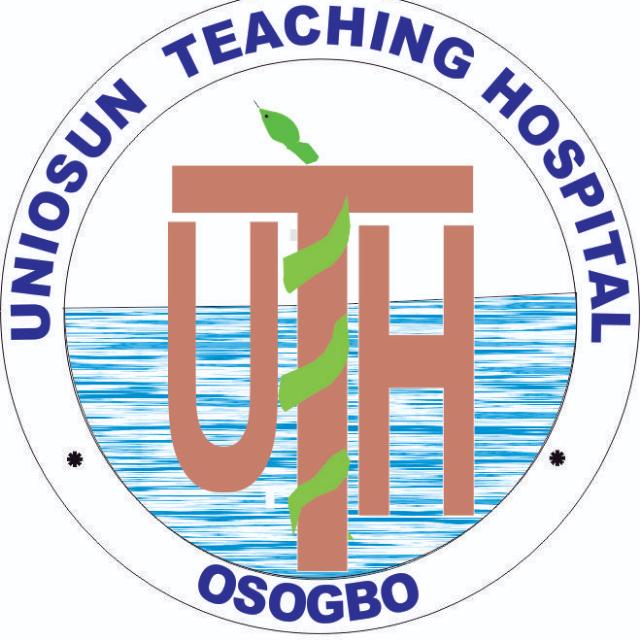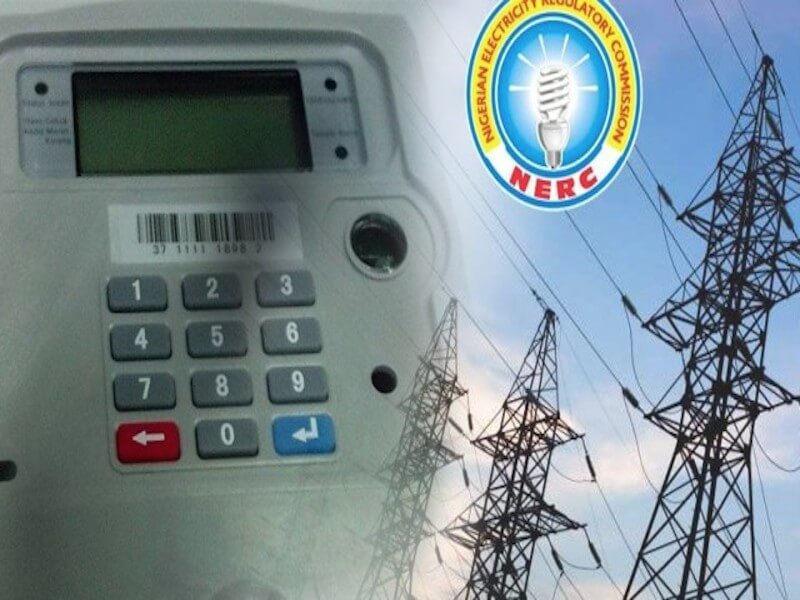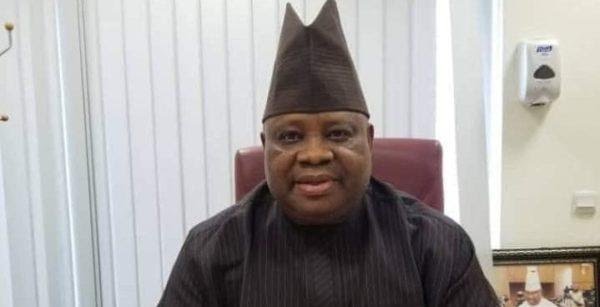ECOWAS Court Orders Amendment Of Press Council Law To Align With International Practice


The Economic Community of West African States Court sitting in Abuja has ordered Nigerian Government to amend Sections 19 (1)(a), 27, and 37 of the Nigerian Press Council Act to align with international practices that promote free, pluralistic, and professional journalism.
The contested sections were said to have failed to recognise public interest media, including the rights of online and citizen journalists.
The court held that the sections violated Article 9 (1) of the African Charter on Human and Peoples’ Rights, and Articles 8 (1) and 10 (2) of the Declaration of Principles on Freedom of Expression in Africa.
A statement on Sunday from the court said the judgment was delivered in a case brought by two Nigerian journalists alleging that the NPC Act of 1992 was discriminatory and violated their right to freedom of expression.
The case marked ECW/CCJ/APP/31/21 was filed on June 14, 2021 by lawyers representing the applicants – Mr Isaac Olamikan and Mrs Edoghogho Ugberease.
The applicants had approached the court that Sections 19(1)a, 27, and 37 of the Nigeria Press Council Act of 1992 requiring journalists to be at least 18 years and accredited by the NPC, 25 years to be an editor with working experience in reputable media organisation or news agency and registered with the Nigeria Union of Journalists, discriminated against them.
The applicants’ lawyers led by President Aigbokhan, argued that the sections failed to recognise public interest media such as the rights of online and citizen journalists and were therefore discriminatory and violated their right to freedom of expression as guaranteed under Articles 2 and 9(1) of the ACHPR, Article 19 of the Universal Declaration on Human Rights (UDHR), Articles 2, 10 and 19 of the International Convention on Civil and Political Rights (ICCPR) and Article 8 (1) and 10 (2) of the Declaration of Principles on Freedom of Expression in Africa; and breached the State’s obligation under the ECOWAS Treaty among other cited texts.
The applicants asked the court to order the respondent to amend the contested sections of the NPC Act to align with international practice and pay $1m as damages.
On their part, the respondent’s lawyers, Mrs Maimuna Shiru and Mrs B.J. Oladipo, told the court that journalism is a sensitive profession requiring mastery as well as regulation to prevent negative effects, adding that rights to information and freedom of expression are not absolute.
The respondent denied arresting and detaining the applicants unlawfully, stating that the first applicant was arrested because his action had national security implications while the second applicant operated illegally.
Delivering the judgment, Justice Dupe Atoki, noted that Section 19(1) and Section 27 of the Press Act imposing minimum educational requirements, age limit, and registration, were restrictive and interfered with the right to freedom of expression, and therefore violated Article 9 (2).
He, however, dismissed other claims which were not substantiated.


Hafsoh Isiaq is a graduate of Linguistics. An avid writer committed to creative, high-quality research and news reportage. She has considerable experience in writing and reporting across a variety of platforms including print and online.




